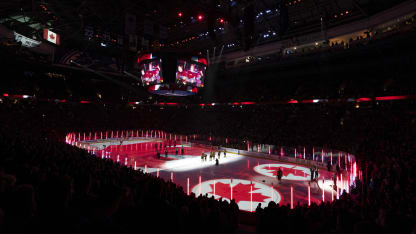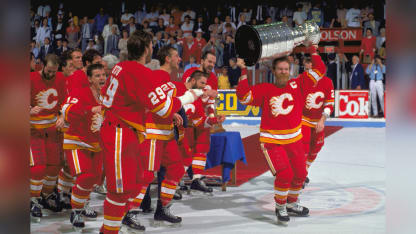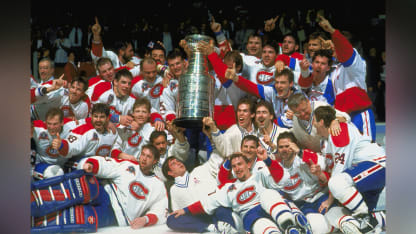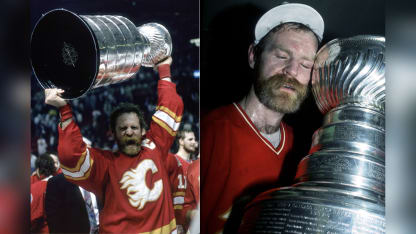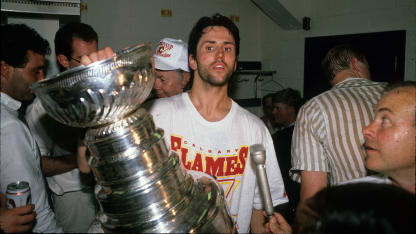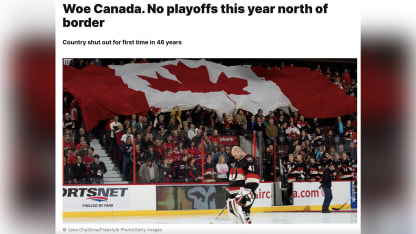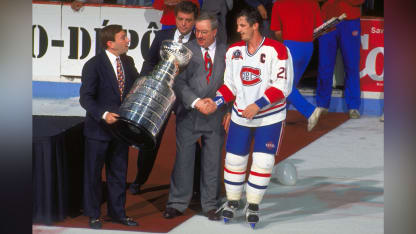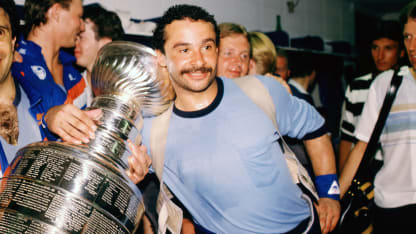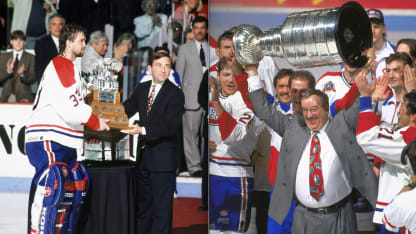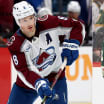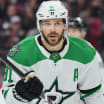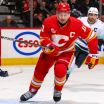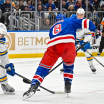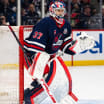MONTREAL – In today’s fully global NHL, with players of many nationalities making up a team’s roster, there really shouldn’t be a fuss made about the fact that a club based in Canada hasn’t won the Stanley Cup in 31 years.
But there is a tremendous fuss being made north of the 49th parallel this spring with anticipation -- no, make that expectations -- higher than any time in recent memory.
The Vancouver Canucks and Edmonton Oilers finished first and second in the Pacific Division, respectively drawing First Round matchups against the Nashville Predators and the Los Angeles Kings.
The Winnipeg Jets were second in the Central, set to face the Colorado Avalanche. And the Toronto Maple Leafs, third in the Atlantic, will meet Boston, their nemesis Bruins first up.
The Calgary Flames, Montreal Canadiens and Ottawa Senators failed to reach the playoffs but fully one-quarter of the 16 qualifiers are from Canada this season and all are girding to potentially make long runs and challenge, seriously, for hockey’s ultimate prize that hasn’t been won in these parts since 1993.
